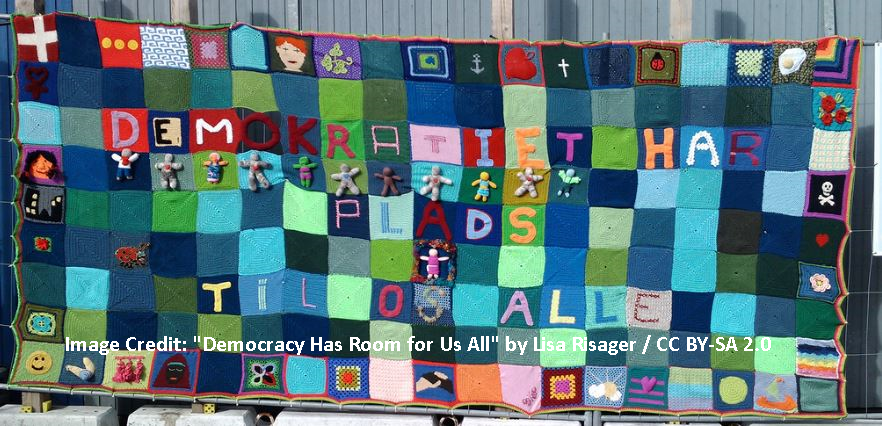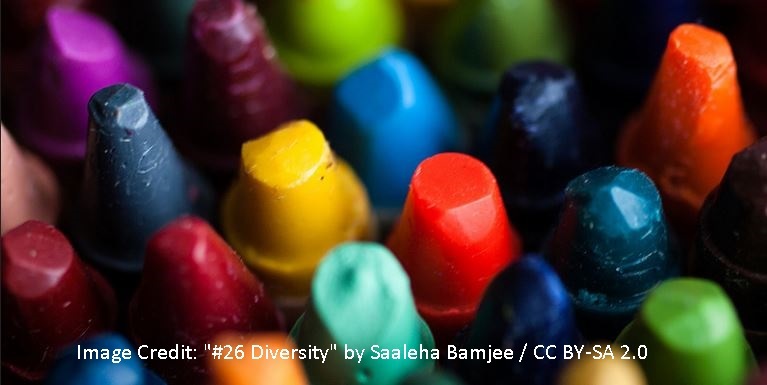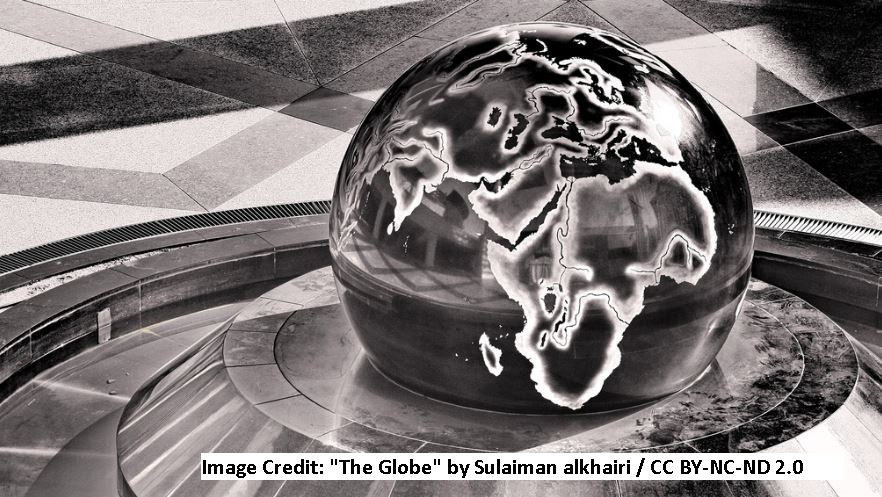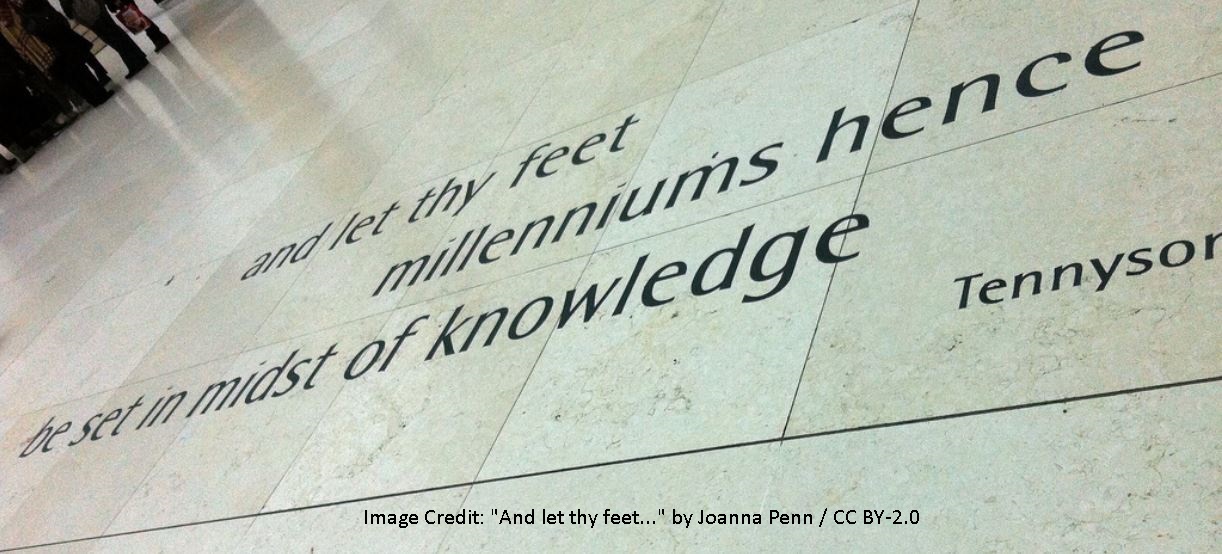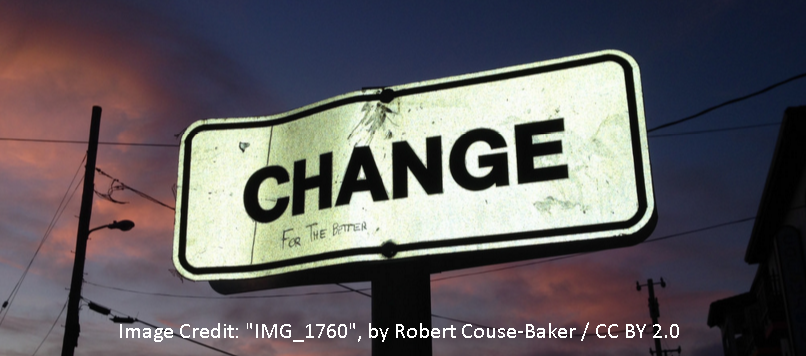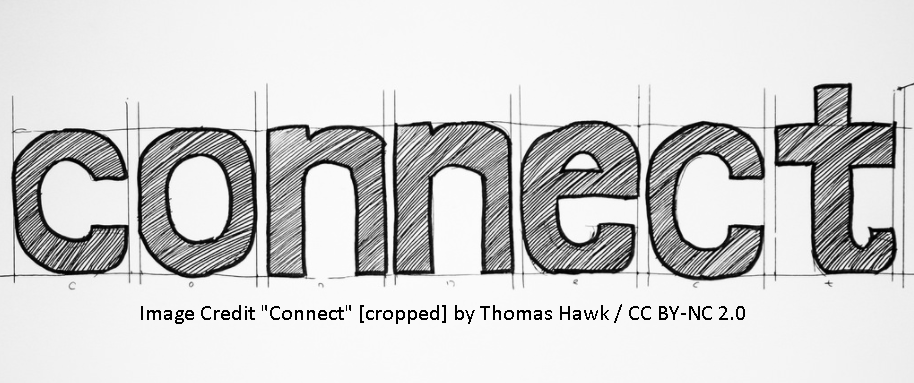Why higher education must be more inclusive
Why higher education must be more inclusive Patrick Blessinger St. John's University (NYC) and International HETL Association The Cyrus Cylinder is widely considered to be the world’s first charter of human rights. Created in 539 BC by Cyrus the Great, King of Persia, it declared religious tolerance for all. In addition, the modern human rights movement can be traced to two key political revolutions in the late 18th century: the American Revolution and the French Revolution. The two key documents to emerge from these revolutions were the US Bill of Rights and the French Declaration of the Rights of Man and of the Citizen. Both documents emphasised political and civil rights. The rights codified in these documents were not, however, initially extended to all people in those nations, most notably women and minorities. For instance, it took a civil war in the United States, and other national movements, to extend basic constitutional rights [...]

